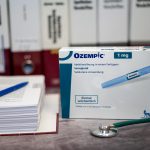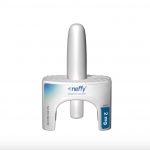
Faced with growing reports of inaccurate clinical lab tests, the U.S. Food and Drug Administration on Friday announced that it will for the first time regulate these vital diagnostic tools. Many Americans might have assumed that the FDA already had oversight of all medical tests; it does not. However, FDA Commissioner Dr. Robert Califf said the time is now to monitor the quality of high-tech tests for cancer, heart disease and a myriad other illnesses. “A growing number of clinical diagnostic tests are being offered as laboratory developed tests without assurance that they work. The stakes are getting higher as these tests are increasingly being used to drive treatment decisions,” Califf explained in an FDA news release. “According to the Centers for Disease Control and Prevention, 70% of today’s medical decisions depend on laboratory test results,” he noted. “Given the role these tests play in modern medical care, their accuracy and validity have a significant impact on public health.” A handful of corporations, including Abbott Laboratories and Quest Diagnostics, develop and sell many lab tests and now dominate the marketplace. Some more common tests — such as those used in hospitals, pharmacies or doctors’ offices to spot strep throat, COVID-19 and other conditions — are already subject to pre-marketing FDA review. But thousands of so-called “laboratory developed tests” (LDTs), analyzed at many high-tech labs, face… read on > read on >





























-300x200.jpg)







-300x169.jpg)
